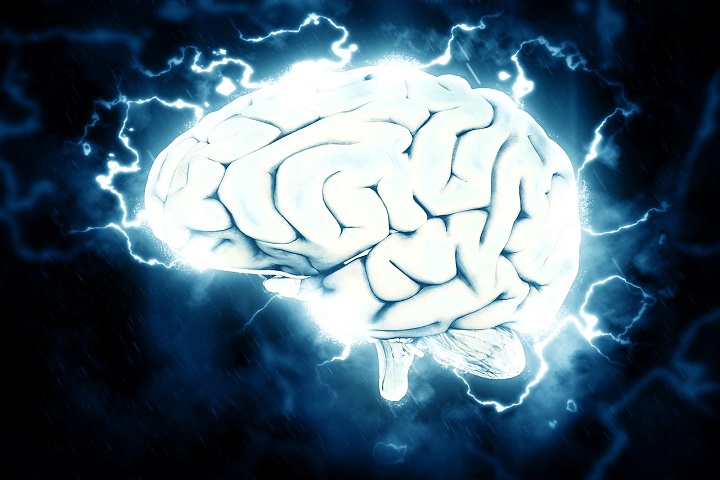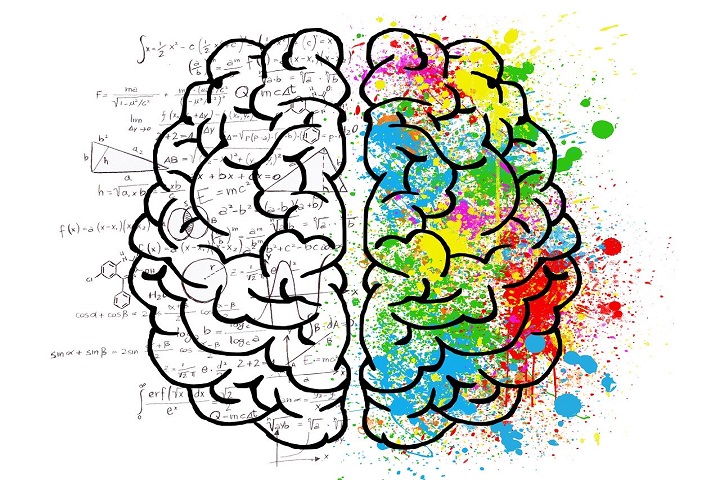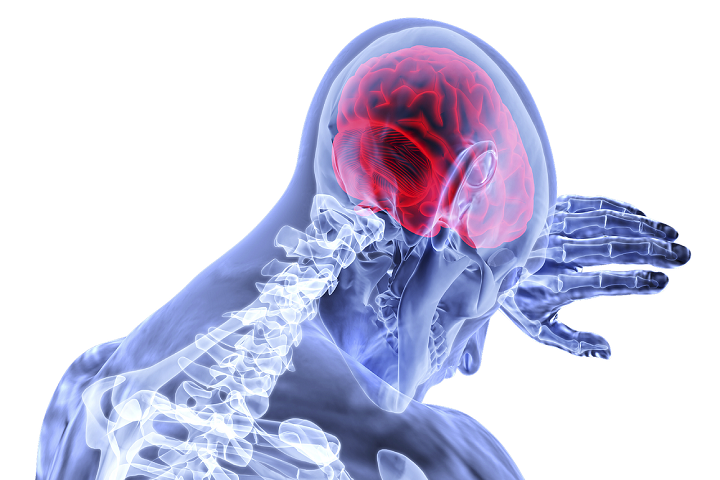Dysarthria is a speech disorder that regularly presents as “slurred speech.” An individual with dysarthria has the language to talk; however, it is hard to comprehend because of muscle shortcoming or paralysis. Like aphasia, it can run from mellow to serious.
For certain individuals, the seriousness can shift dependent on factors like weakness or medications. Notwithstanding the speech being slurred, it can likewise be at a quicker or more slow rate than expected, at a lower volume and having an atypical rhythm.
1. Difference Between Dysarthria and Aphasia?
Dysarthria and aphasia share a great deal. They are both correspondence weaknesses that can be the result of a stroke and can even happen simultaneously.
The two conditions that can make communication difficult. The difference between the two is that dysarthria is a speech impairment, while aphasia is a language disorder.
Aphasia is a language disorder, most usually because of a stroke or other b injury. Individuals with aphasia regularly realize what they need to state yet can’t discover the words – as though the name is on the “tip of the tongue.”
There are a few kinds of aphasia, and they can happen at different levels of seriousness. Somebody with aphasia may likewise have weaknesses in hear-able understanding, reading, and writing.

Like aphasia, dysarthria is once in a while the consequence of a stroke or mental injury. Notwithstanding, dysarthria can likewise be brought about by numerous different conditions, including Cerebral Palsy, ALS, Parkinson’s Disease, Huntington’s Disease, Muscular Dystrophy, and Multiple Sclerosis (MS).
2. Dysarthria Treatment
Treatment for dysarthria differs, relying upon the fundamental condition and specific speech patterns that are available. Normal methods that can be valuable for individuals with dysarthria include:
Treatment for dysarthria differs, relying upon the basic condition and specific speech patterns that are available. Normal procedures that can be valuable for individuals with dysarthria include:
- Slowing the rate of speech
- Speaking at a stronger volume
- Practice over-pronouncing sounds and words
- Using more breath to talk

Activities to make the mouth and tongue muscles more grounded are, in some cases, suggested. For individuals with extreme dysarthria, augmentative and elective correspondence (AAC) can be useful if others can’t comprehend their speech.
This can incorporate straightforward tools, similar to a pen and paper, or cutting edge devices, identical to discourse creating gadgets.
If you or somebody know has been determined to have dysarthria, a discourse language pathologist can help. An SLP can figure out what methods and treatment methodologies will work best for every individual case.

